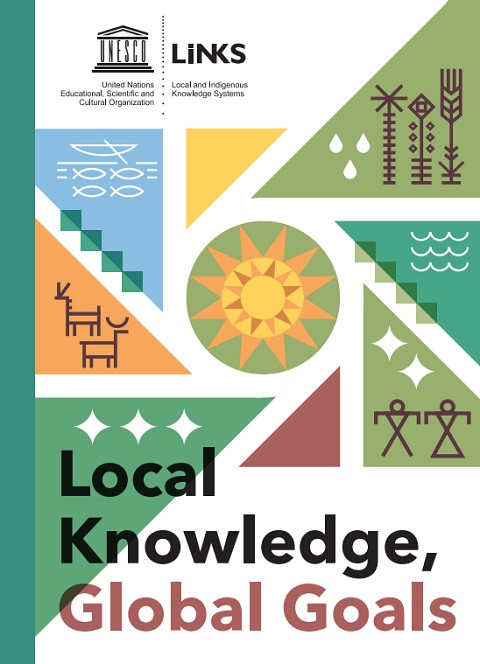
GCED Basic Search Form
Quick Search
Close
当前位置
相关资源
Local Knowledge, Global Goals
出版地 | 出版年份 | 页数:
Paris | 2017 | 46 p.
地区:
全球范围

Local and indigenous knowledge refers to the understandings, skills and philosophies developed by societies with long histories of interaction with their natural surroundings. For rural and indigenous peoples, local knowledge informs decision-making about fundamental aspects of day-to-day life. This knowledge is integral to a cultural complex that also encompasses language, systems of classification, resource use practices, social interactions, rituals and spirituality. These unique ways of knowing are important components of the world’s cultural diversity, and contribute to the achievement of Agenda 2030 and the Paris Agreement.
资源类型:
会议和项目报告
主题:
多样性 / 文化素养 / 包容性的
可持续发展 / 可持续性
其他
教育水平 :
小学
初中
